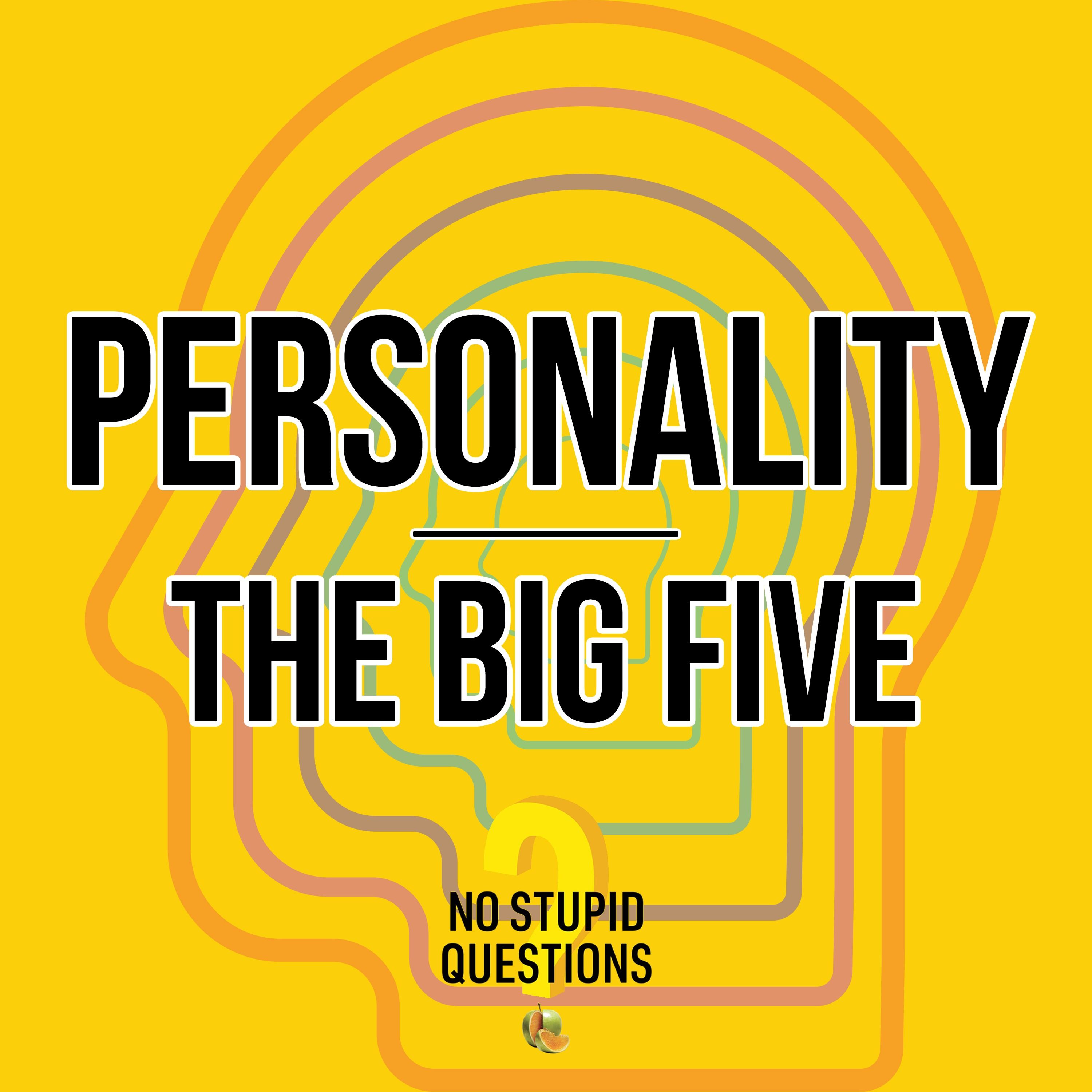
196. What’s Wrong With Being a Little Neurotic?

No Stupid Questions
Deep Dive
Shownotes Transcript
Is there any upside to negative emotions? What can comedians teach us about dealing with pain? And why did Angela eat off of a stranger’s plate at a sushi bar?
SOURCES:
Ludwig van Beethoven), 18th-19th century composer and pianist.
Jen Christensen), reporter and producer at CNN.
Lauren Eskreis-Winkler), professor of management & organizations at Northwestern University.
Sigmund Freud), neurologist and founder of psychoanalysis.
Shirley MacLaine), actor.
George Vaillant), professor of psychiatry at Massachusetts General Hospital.
Ali Wong), comedian.
RESOURCES:
"The Sad Clown: The Deep Emotions Behind Stand-Up Comedy)," by Jen Christensen (*CNN, *2018).
"Neuroticism)," by Jennifer L. Tackett and Benjamin B. Lahey (*The Oxford handbook of the Five Factor Model, *2017).
"Thinking Too Much: Self-Generated Thought as the Engine of Neuroticism)," by Adam M. Perkins, Danilo Arnone, Jonathan Smallwood, and Dean Mobbs (*Trends in Cognitive Sciences, *2015).
"Survivor Mission: Do Those Who Survive Have a Drive to Thrive at Work?)" by Lauren Eskreis-Winkler, Elizabeth Shulman, and Angela Duckworth (*The Journal of Positive Psychology, *2014).
"Age Differences in Personality Traits From 10 to 65: Big Five Domains and Facets in a Large Cross-Sectional Sample)," by Christopher J. Soto, Oliver P. John, Samuel D. Gosling, and Jeff Potter (*Journal of Personality and Social Psychology, *2011).
"Adaptive Mental Mechanisms: Their Role in a Positive Psychology)," by George Vaillant (*American Psychologist, *2000).
EXTRAS:
Big Five Personality Inventory), by *No Stupid Questions *(2024).
“Personality: The Big Five),” series by *No Stupid Questions *(2024).
Terms of Endearment)*, *film by James L. Brooks (1983).
"Invictus)," poem by William Ernest Henley (1888).